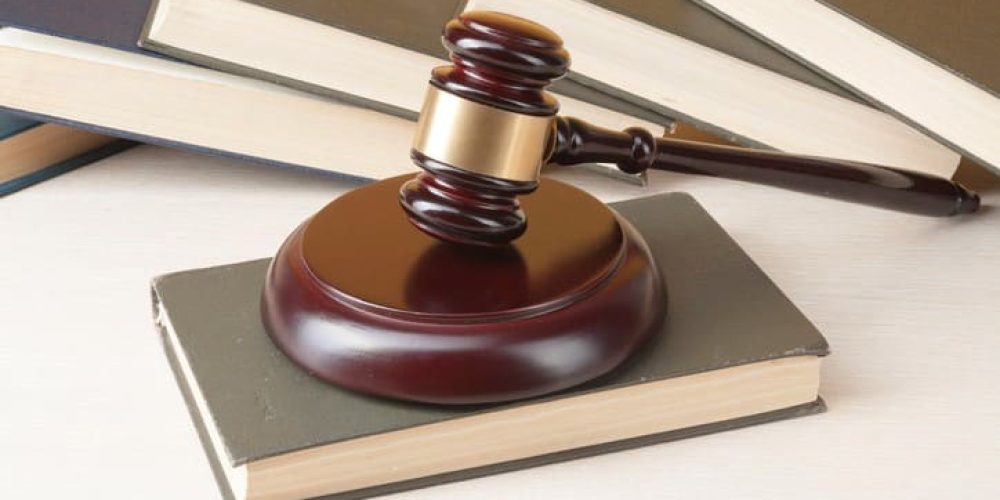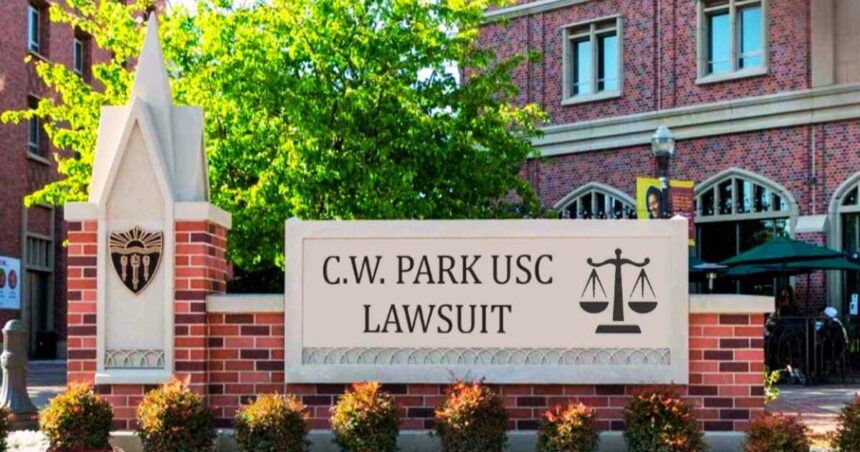Introduction
In the realm of academia, controversies often arise, sometimes stemming from conflicts between institutions and individuals. One such contentious issue that has garnered attention in recent times is the lawsuit involving C.W. Park and the University of Southern California (USC). This legal battle has sparked debates, raised questions about academic integrity, and highlighted the complexities surrounding intellectual property rights and academic freedom.
Understanding the Parties Involved
Before delving into the details of the lawsuit, it’s essential to understand who the key players are. C.W. Park, a renowned scholar in the field of marketing, had been associated with USC for several years, contributing significantly to research and academic endeavors. USC, a prestigious institution known for its academic excellence, has a reputation to uphold and protect.
The Allegations
The crux of the lawsuit revolves around allegations made by C.W. Park against USC. Park claims that USC unfairly terminated his employment and violated his academic freedom. According to Park, USC took adverse actions against him after he voiced concerns about the university’s handling of research grants and academic matters.
Academic Freedom vs. Institutional Control
At the heart of this lawsuit lies the tension between academic freedom and institutional control. Academic freedom is a fundamental principle that allows scholars to pursue research, express ideas, and engage in discourse without fear of reprisal. However, universities also have the responsibility to maintain standards, manage resources, and ensure compliance with regulations.
The Role of Research Grants
Research grants play a crucial role in academia, providing funding for scholarly activities and advancing knowledge in various fields. However, they can also become sources of contention when issues such as accountability, transparency, and conflicts of interest arise. In the case of C.W. Park and USC, disagreements over the management of research grants have escalated into a legal dispute.
Implications for Academic Integrity
The lawsuit raises important questions about academic integrity and ethical conduct within academic institutions. Allegations of misconduct, whether substantiated or not, can tarnish reputations and undermine trust in the academic community. It is essential for universities to uphold high standards of integrity and transparency to preserve their credibility and foster a culture of trust and accountability.
Navigating Legal Terrain
Legal battles involving academic institutions are multifaceted, often involving intricate legal arguments and complex regulations. In the case of C.W. Park vs. USC, both parties are likely to present extensive evidence and expert testimony to support their respective claims. The outcome of the lawsuit could have far-reaching implications for both individuals and institutions involved.
The Importance of Resolution
As the lawsuit unfolds, it is crucial for all parties involved to seek a fair and equitable resolution. protracted legal battles can be detrimental to the reputation and resources of both individuals and institutions. Moreover, prolonged conflicts can distract from the core mission of universities: to advance knowledge, foster innovation, and educate future generations.
The Legal Proceedings and Arguments

As the legal proceedings unfold, both C.W. Park and USC are likely to present their arguments with vigor. Park’s legal team may argue that his termination was unjust and retaliatory, pointing to instances where he raised concerns about the university’s handling of research grants and academic matters. They may also emphasize his contributions to USC and the impact of his dismissal on his career and reputation.
On the other hand, USC’s defense may focus on contractual obligations, institutional policies, and the need to maintain standards within the university. They may argue that Park’s termination was justified based on performance issues or violations of university policies. USC may also present evidence to counter Park’s claims of retaliation, asserting that his dismissal was unrelated to his whistleblowing activities.
The legal proceedings are likely to involve extensive discovery, including the examination of documents, emails, and other evidence relevant to the case. Expert witnesses may be called upon to provide testimony on matters such as academic freedom, employment practices, and research ethics. Ultimately, the decision will rest in the hands of the judge or jury, who will weigh the evidence and arguments presented by both parties.
Potential Outcomes and Ramifications
The outcome of the lawsuit could have significant ramifications for both C.W. Park and USC, as well as the broader academic community. If Park prevails, it could set a precedent for protecting academic freedom and whistleblower rights within academic institutions. It may also prompt universities to review their policies and practices regarding research grants and employee grievances.
Conversely, if USC prevails, it may reinforce the authority of institutions to manage their affairs and enforce standards of conduct. However, it could also lead to questions about the treatment of faculty members and the implications for academic freedom and dissent within the university setting.
Regardless of the outcome, the lawsuit is likely to leave a lasting impact on all parties involved. It may prompt soul-searching within USC and other academic institutions, prompting them to reevaluate their practices and priorities. It may also serve as a cautionary tale about the complexities of navigating the intersection of academia and the law.
Conclusion
The lawsuit between C.W. Park and USC underscores the complexities and challenges inherent in academia. It highlights the delicate balance between academic freedom and institutional control, the importance of upholding academic integrity, and the necessity of resolving disputes in a constructive manner. As the case progresses, it serves as a reminder of the importance of transparency, accountability, and ethical conduct in the pursuit of knowledge and scholarship. Ultimately, the resolution of this lawsuit will have implications not only for the parties involved but also for the broader academic community.


Leave a Reply